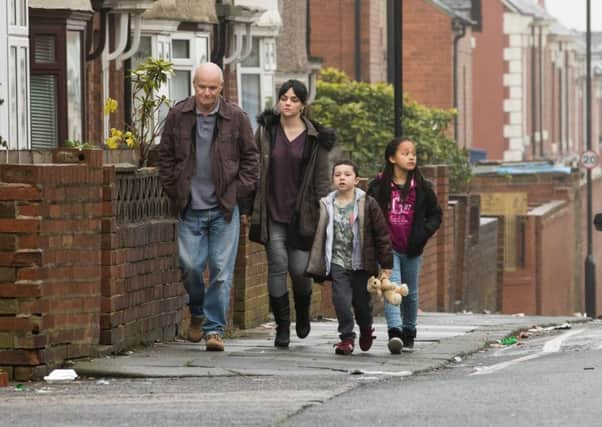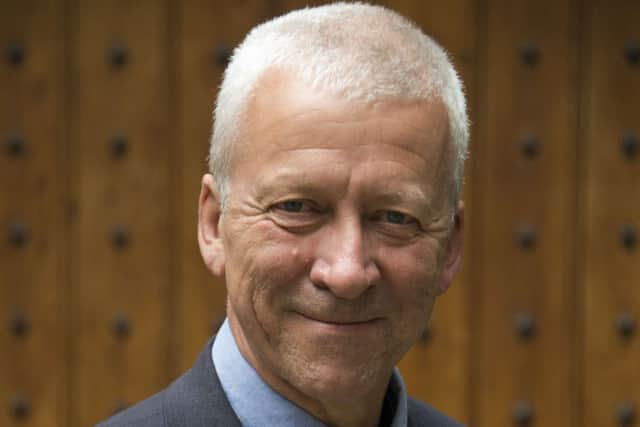The '˜P' in DWP must not stand for '˜punishment'


These are not just some of the themes highlighted in Ken Loach’s latest film I Daniel Blake. They are the day-to-day grinding reality of many of the people that I encounter and am privileged to call friends. People like Willie, who found new confidence and purpose in his life at the Grassmarket Community Project after years of unemployment and abuse. As he began the process of putting structure back in his life and moving into work, he found himself being harassed by the Department of Work and Pensions and felt almost criminalised. Willie has been working with us now full time for the last four years, but the suspicion and accusations he received as he made the transition almost made his situation worse than ever.
It is my experience as a parish minister working alongside many people who have been long term unemployed, that very few people actually want to be idle and live off handouts. We must give people the chance to thrive and flourish, not punish them.
Advertisement
Hide AdAdvertisement
Hide AdIn March 2015, the Church of Scotland along with colleagues in the Methodist Church, the United Reformed Church, the Church in Wales and the Baptist Union of Great Britain called for a full review of the DWP’s sanctions. In our report Time to Rethink Benefit Sanctions we stated: “It is very hard to justify a system which impacts most harshly on the people who most need help and support. … It is incumbent upon the Christian community to speak out against any system which treats people so unjustly.”


Since our report was published, it is gratifying to know that the number of people being sanctioned has begun to decrease. Speaking out against injustice works; there is good evidence that the DWP responded to the many campaigns against sanctions. However, with plans to close many Job Centres across the UK pressure is likely to rise for both claimants and staff. It is our experience that at such times support is likely to diminish and penalties are likely to increase.
The DWP has always insisted that its sanctions regime was not about punishment but about helping people back into employment. Its critics, including the churches, always questioned that.
It now transpires, following the publication of a report from the National Audit Office (NAO), that the DWP had the evidence all along that its argument was vacuous. Its sanctions regime does not help people into long-term work. There are good people working in the DWP but the system that they operate is brutal and fundamentally flawed. It actively harms sick and disabled people’s chances of getting a job. Appallingly, the NAO noted that the DWP could have found this out for themselves but they chose not to look. They also chose not to allow other people to look and even discouraged their contractors from co-operating with researchers – even researchers who had been given £2m of taxpayer’s money specifically to look into the sanctions system.
Over the period that the DWP had the information that the system was not working, thousands of people have continued to be sanctioned. Many will have gone hungry. Some will have become sicker. Their children and grandchildren will have suffered. They have become less likely to be able to work. There is a financial cost to all this but there is also a human waste, an appalling waste.


It is for these reasons, and especially for the sake of Willie and thousands like him that the Church of Scotland, with our partner churches and many others across society are calling for an immediate independent review of the sanctions regime being administered by the DWP. Put bluntly, the Department’s behaviour means that only an independent review can possibly command widespread trust.
Rev Dr Richard Frazer, convener of the Church and Society Council of the Church of Scotland